I am using Pandas library and Python.
I have an Excel file that has some heading information on the top of an Excel sheet which I do not need for data extraction.
But, the heading information could take longer rows, so it is unpredictable how long it could be.
So, my data extraction should start from where it says "ID"... For this particular case, it starts from row 5, but it could change.
The image is shown on the bottom (I grayed out after row 5 for sensitive info).
How do I put this in logic (to skip heading and jump to row 5)? The pattern should be, row heading starts from "ID, EMP_ID" etc.
with open('File.xls') as fp:
skip = next(filter(
lambda x: x.startswith('ID'),
enumerate(fp)
))[0]
df = pd.read_excel('File.xls', usercols=['ID', 'EMP_ID'], skiprows=skip)
print df
